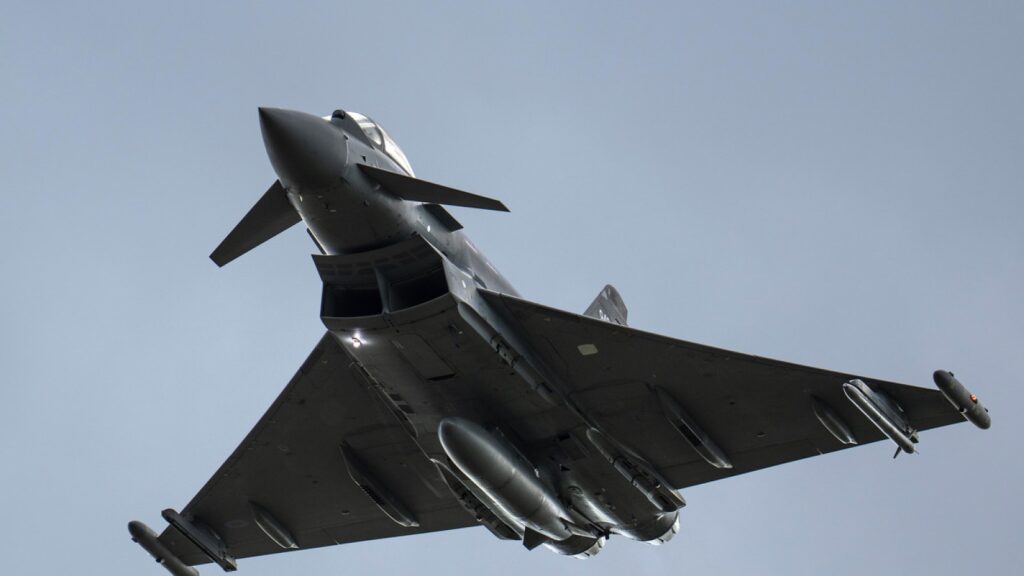Britain announced on Sunday that its Royal Air Force (RAF) fighter jets had intercepted Russian aircraft over the Baltic Sea in two separate incidents last week. The interceptions occurred near NATO airspace and come at a time of heightened security concerns across Europe.
According to the UK Ministry of Defence, RAF Typhoon fighter jets were scrambled on Tuesday to intercept a Russian Ilyushin Il-20M “Coot-A” intelligence-gathering aircraft. The aircraft was reportedly flying close to the borders of NATO airspace, prompting a swift response from British forces.
A second incident took place on Thursday when two Typhoon jets were again deployed to intercept another unidentified aircraft departing from Kaliningrad, a Russian exclave sandwiched between Poland and Lithuania. The aircraft was not publicly identified, but the interception highlights continued military activity in the strategically sensitive Baltic region.
The RAF jets were operating out of Estonia as part of NATO’s ongoing Baltic Air Policing mission, a defensive operation designed to safeguard the airspace of alliance members who lack their own air combat capabilities. This mission has gained renewed significance in the wake of Russia’s invasion of Ukraine and increased aerial incursions by Russian military aircraft.
Commenting on the operation, UK Armed Forces Minister Luke Pollard emphasized Britain’s commitment to NATO and regional security. “With Russian aggression growing and security threats on the rise, Britain is stepping up to reassure its allies, deter adversaries and protect its national security,” he said.
Pollard further highlighted the collaborative nature of the mission, which was conducted alongside Swedish forces. “This mission shows our ability to operate side by side with NATO’s newest member, Sweden, and to defend the Alliance’s airspace wherever and whenever needed.”
There has been no official response from Moscow regarding the interceptions.
As tensions between NATO and Russia remain high, such aerial encounters are expected to persist. The incidents underscore the importance of collective defense and continued coordination among NATO allies in safeguarding European airspace.

